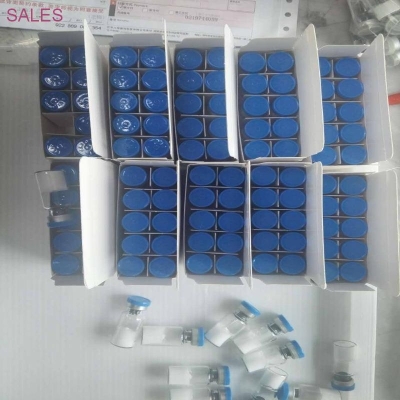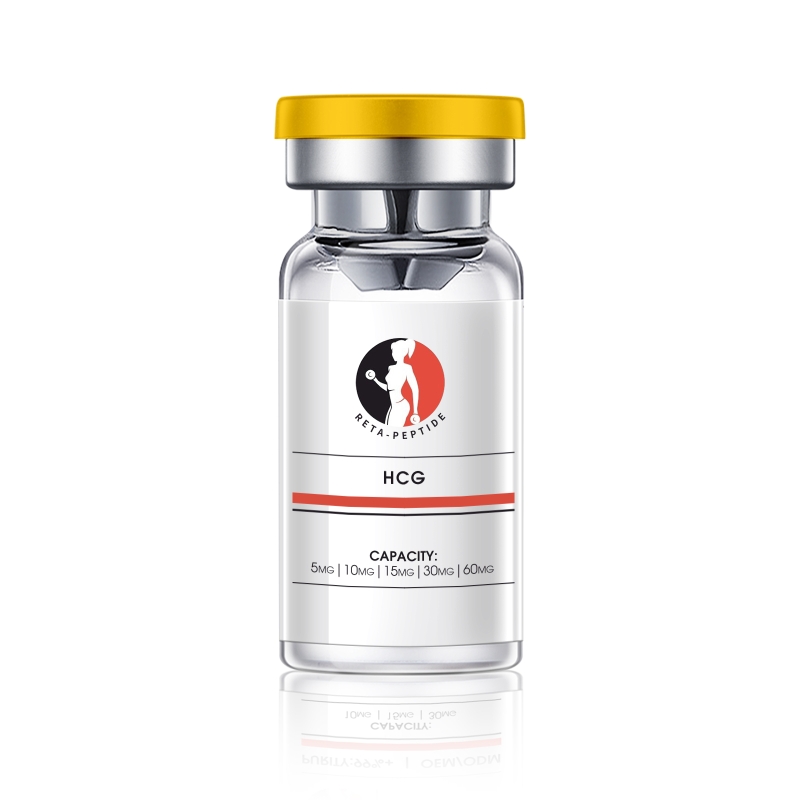-
Categories
-
Pharmaceutical Intermediates
-
Active Pharmaceutical Ingredients
-
Food Additives
- Industrial Coatings
- Agrochemicals
- Dyes and Pigments
- Surfactant
- Flavors and Fragrances
- Chemical Reagents
- Catalyst and Auxiliary
- Natural Products
- Inorganic Chemistry
-
Organic Chemistry
-
Biochemical Engineering
- Analytical Chemistry
-
Cosmetic Ingredient
- Water Treatment Chemical
-
Pharmaceutical Intermediates
Promotion
ECHEMI Mall
Wholesale
Weekly Price
Exhibition
News
-
Trade Service
On October 12, to promote the further development of a melanoma cancer vaccine, pharmaceutical giant Merck decided to pay $250 million
to its partner Moderna.
Under the terms of the deal, Merck will pay $200 million
to Moderna first.
Moderna is responsible for designing and fabricating personalized cancer vaccines, which are then tested
in Phase 1 and Phase 2 clinical trials.
The studies will evaluate the effects of
these vaccines as monotherapy or in combination with Keytruda.
Merck and Moderna have been collaborating on the development of mRNA cancer vaccines
since 2016.
In 2018, the two parties expanded their collaboration to include research into cancer therapies driven by KRAS mutations and other neoantigens, meaning that vaccine products will reach a wider range of populations
.
Now, Merck has chosen to deepen cooperation to share the research results
of cancer vaccines against melanoma.
Merck is expected to announce a key clinical trial result
later this year.
If the cancer vaccine mRNA-4157/V940 is approved, by exercising its option for Moderna, Merck will share the costs associated with the vaccine and share the profits
generated after commercial application.
Cancer vaccines are a type of therapy
that directs the immune system to produce an anti-tumor response.
Moderna's mRNA-4157/V940 is personalized, meaning the company designs and manufactures different products
for different patients.
By sequencing a patient's tumor sample, Moderna enables the recognition of neoantigens associated with the tumor, which will trigger an immune response
.
The cancer vaccine is composed of
mRNAs that express neoantigens.
The vaccine's ongoing phase II study enrolled 157 patients
who had undergone surgery to remove melanoma.
However, these patients are still at high risk of
cancer recurrence.
Therefore, the Moderna cancer vaccine will also be tested
in conjunction with Keytruda.
Keytruda is currently a very commonly used adjuvant therapy for melanoma to reduce the risk of
cancer recurrence.
Participants in the clinical trial were randomly divided into two groups
.
One group received a combination of the Moderna cancer vaccine and Keytruda every three weeks, while the other group received Keytruda alone
therapy.
Patients will receive such treatment for the next year, unless their cancer recurs or the vaccine becomes unacceptably toxic
.
The main goal of the study was to document the relapse-free period of patients, that is, the time from
the first injection of Keytruda to the first appearance of signs of cancer cell death.
Stephen Hoge, president of Moderna Oncology, said in a prepared statement: "We have been working with Merck to develop personalized cancer vaccines since 2016 and have made significant progress
in advancing the mRNA-4157 vaccine in combination with Keytruda.
As data on personalized cancer vaccines continue to improve this quarter, we are excited about
the future and the new paradigm for mRNA as a treatment for cancer.
" ”
Original link: https://investors.
modernatx.
com/news/news-details/2022/Merck-and-Moderna-Announce-Exercise-of-Option-by-Merck-for-Joint-Development-and-Commercialization-of-Investigational-Personalized-Cancer-Vaccine/default.
aspx
modernatx.
com/news/news-details/2022/Merck-and-Moderna-Announce-Exercise-of-Option-by-Merck-for-Joint-Development-and-Commercialization-of-Investigational-Personalized-Cancer-Vaccine/default.
aspx







